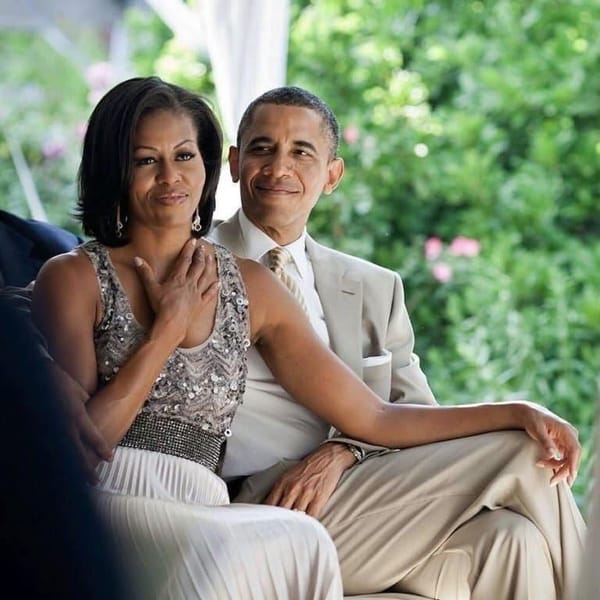The Great Whitewash of Charlie Kirk

Tomorrow’s headline is one we all saw coming: the Trump administration, never one to waste a good tragedy, is polishing up Charlie Kirk’s memory and wielding his death like a club. Not against the forces of violence or division, but against—you guessed it—Democrats, the “radical left,” and anyone who dares to remember Kirk as he actually was.
Apparently, the narrative now goes like this: Charlie Kirk was a saint, a national treasure, a man who singlehandedly enlightened America’s youth with his podcasts, tweets, and that perpetual smirk that said, “I Googled this five minutes ago, and now I’m an expert.” Forget that he spent years punching down at women, immigrants, LGBTQ folks, and anyone who didn’t fit neatly into his “real American” box. Forget that his words helped fertilize the ground for resentment, division, and sometimes outright hate. In Trumpworld, Kirk is suddenly a martyr, not a megaphone for bigotry.
I suppose it’s easier to canonize him than to admit what’s obvious: words have consequences. When you preach that diversity is dangerous, that feminism is cancer, that gay marriage is a threat, that immigrants are invaders—you are not speaking into the void. You are targeting human beings. You are giving permission slips to those who already simmer with prejudice. And when those ideas circulate long enough, someone act….and in this case it seems he may not have been “MAGA” enough for the farthest of the far-right. We’ll see.
But nuance is not exactly this administration’s strong suit. So instead of addressing the climate of extremism that made Kirk both a star and a lightning rod, we get finger-pointing. The Democrats did it. The radical left did it. The protesters, the professors, the people who asked questions at his college events—they’re to blame. It’s never the rhetoric. Never the steady drumbeat of us vs. them. Never the endless parade of insults dressed up as truth-telling.
What makes this whole charade even sadder is the insult to those of us who were on the receiving end of Kirk’s “greatness.” Women told they’re ruining society for wanting equal pay. Gay people told their marriages cheapen the country. Black Americans told systemic racism is imaginary, while white privilege is the real hoax. Students shouted down for daring to disagree. That’s the “legacy” we’re supposed to ignore now, scrubbed away under the harsh bleach of political convenience.
Yes, he was a “great guy”—if you happened to agree with him. If you were straight, white, male, Christian, and saw every challenge to that dominance as an existential threat, Charlie Kirk probably felt like a warm blanket. For the rest of us, he was cold water in the face, a reminder that the old order isn’t giving up quietly.
And yet here I sit, sad. Not for him—he made his choices, said his words, built his platform—but for us. Sad that his death, instead of sparking reflection, is being weaponized. Sad that we are once again watching the political machine churn a complicated, divisive figure into a one-dimensional hero for partisan gain. Sad that the very people he demeaned in life are now expected to stay silent while his image is airbrushed into sainthood.
The truth is, Charlie Kirk mattered—but not because he was “great.” He mattered because he was effective. He packaged grievance and sold it to a generation. He normalized cruelty and called it “free speech.” He played his part in the long game of convincing people that equality is oppression and that progress is persecution.
So no, I won’t mourn the myth they’re trying to build. But I will mourn the reality that his death is being used to divide us further, to pretend his words were harmless, to erase the pain he inflicted. The least we owe ourselves is honesty. And honesty says: he wasn’t a hero. He was a voice of division. And if we really want unity, we’d stop pretending otherwise.
Julie Bolejack, MBA



